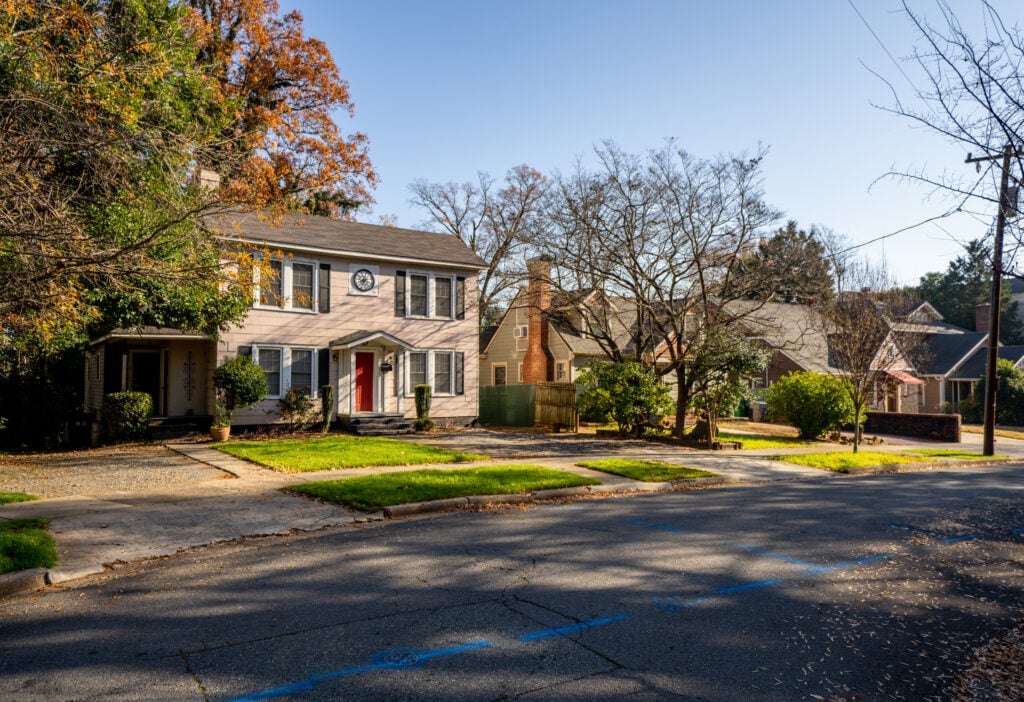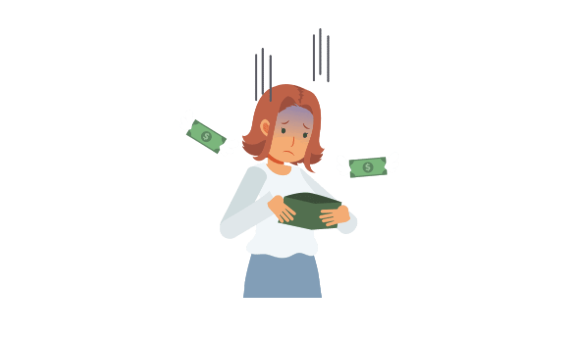States that legalize marijuana for recreational use unlock many economic benefits, such as rapidly increasing home values and millions in tax revenue, compared to states where it remains illegal, according to a new study from Clever Offers.
The study found that home values in states with legal recreational cannabis outpaced home values in non-legalized states by $60,327, according to an analysis of property values from 2009 to 2024. States that have approved marijuana for medicinal use saw smaller, but still substantial, gains.
States that have taxed marijuana sales also earned a collective $4 billion in tax revenue in the past year, with California collecting a whopping $1 billion in marijuana-related taxes alone.
The study’s analysis suggests that marijuana legalization can be a significant driver of economic growth for individual states and increase the value of real estate as new residents move across the country for a higher quality of life. It also casts doubt on opponents’ arguments that legalizing marijuana will have harmful effects on property values.
High Home Values
Since 2009, the average home price in recreational states has risen from $224,677 to $447,635 – an increase of $222,598 in 15 years. In states where recreational cannabis is still illegal, home values have grown from $158,273 to $320,904 during the same time period, which translates into a smaller increase of $162,631.
That means home values in states with legalized cannabis have increased $60,327 more on average than homes in states without legal recreational cannabis.
Colorado was one of the first states to legalize recreational marijuana in 2012. At the time, the average home was valued at just over $231,000. By 2024, the average Colorado home had increased 146% in value to just over $568,000.
Although that’s raised the cost to purchase a home in Colorado, it’s been a boon for sellers, as well as for municipalities suddenly flush with marijuana-related tax revenue. Today, Colorado is one of the most desirable places to live in the U.S.
Partial Legalization Unlocks Partial Benefits
States that legalized medical marijuana only saw smaller home value increases than states that legalized it for recreational use. However, home values in medicinal states still outpaced home values in states that prohibit any marijuana use.
In the 44 states and the District of Columbia where some form of medical marijuana is legal, home values rose $194,813 between 2009 and 2024, compared to a smaller increase of $172,628 in states where even medical marijuana is illegal.
That means home values rose $22,185 more in states with medical marijuana than in states with no form of marijuana legalization, suggesting that even partial legalization can unlock some economic benefits.
The gap in home value growth between medicinal and non-medicinal states has widened over time. In 2024, homes in states with medical marijuana were worth $390,117 — $60,267 more than the typical home value of $329,850 in states without medicinal cannabis.
Fifteen years ago, states that currently have legal medical marijuana were worth just $38,082 more than those that currently do not have medicinal programs.
A Major Revenue Stream
Along with rising home values, increased tax revenue from marijuana sales could be a major benefit of legalization if it’s reinvested into local infrastructure, education, and public safety programs.
“Data should mitigate concerns that the establishment of regulated adult-use marijuana markets will negatively impact community safety and prosperity,” said Paul Armentano, deputy director of the National Organization for the Reform of Marijuana Laws. “Rather, legalization is a proven economic driver.”
The 23 states that have taxed marijuana sales in the past year earned $4 billion in tax revenue — about $177 million per state on average.
“Marijuana production and sales exist in every community,” Armentano said. “However, in those localities that have chosen to regulate this marketplace, these transactions take place in a safe, regulated environment. Consumers have access to lab-tested products from licensed establishments. Financial revenues from these transactions are redirected back into the local community, resulting in greater economic growth and prosperity, in addition to safer communities.”
Early movers have been rewarded. Washington, which began taxing cannabis sales in 2015, has collected $3.7 billion in taxes since then. Meanwhile, Colorado has brought in $2.9 billion since 2014.
California, which only started taxing cannabis sales in 2018, has already earned $6.7 billion — the most among all states.
Not every state taxes medical marijuana, but those that do also see proportional tax gains. In Oklahoma, a medical-only state, taxes on cannabis brought in $51 million in the past year. Similarly, Louisiana managed to add $2 million to its budget by taxing medical cannabis sales.
As many states look for ways to increase badly needed revenue, cannabis legalization, especially for recreational use, can give states a boost.











